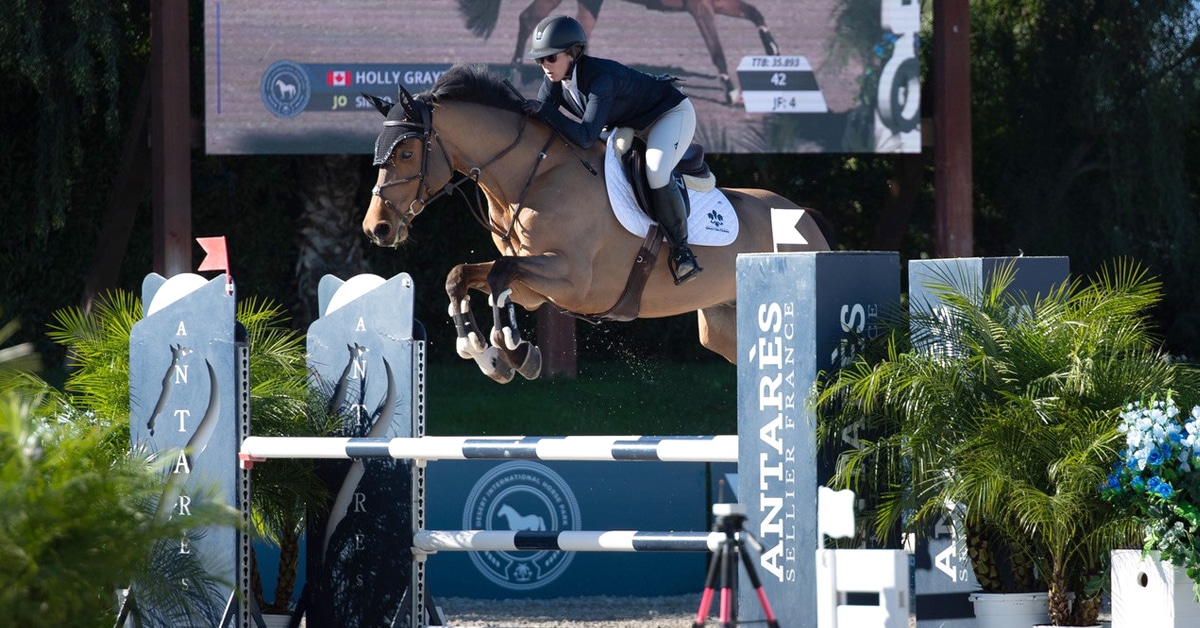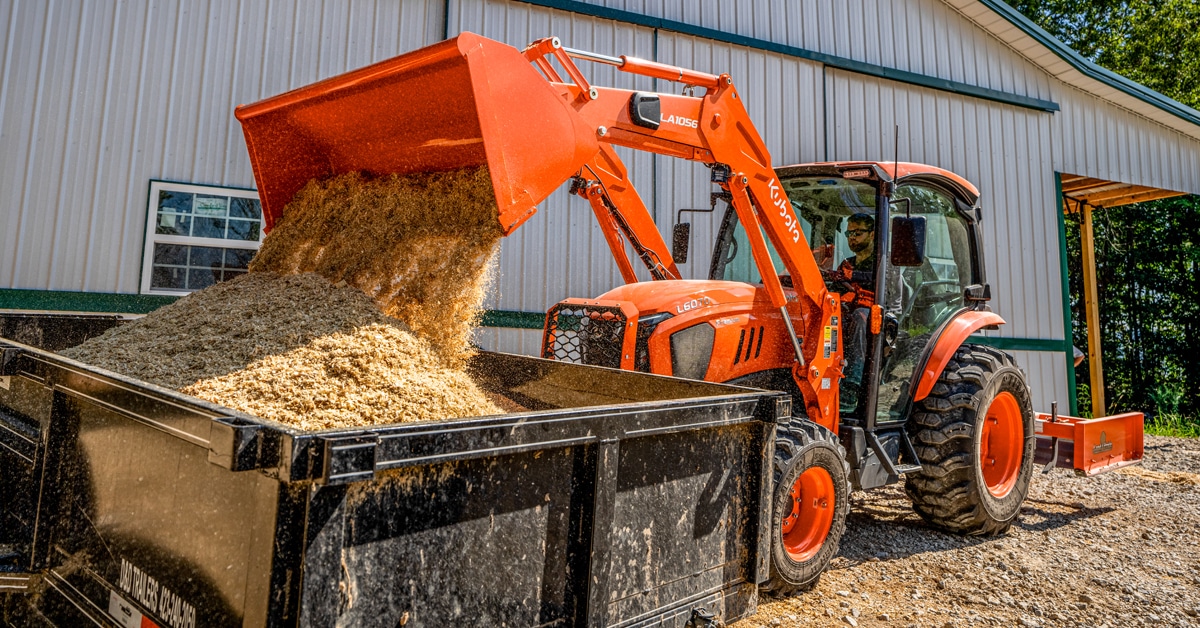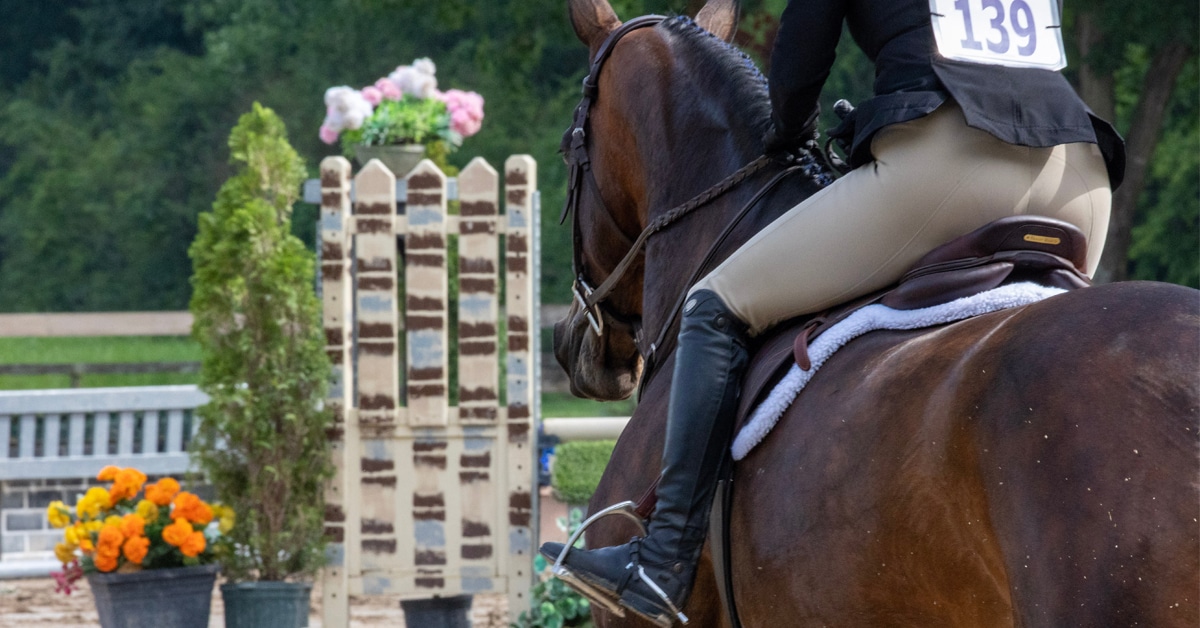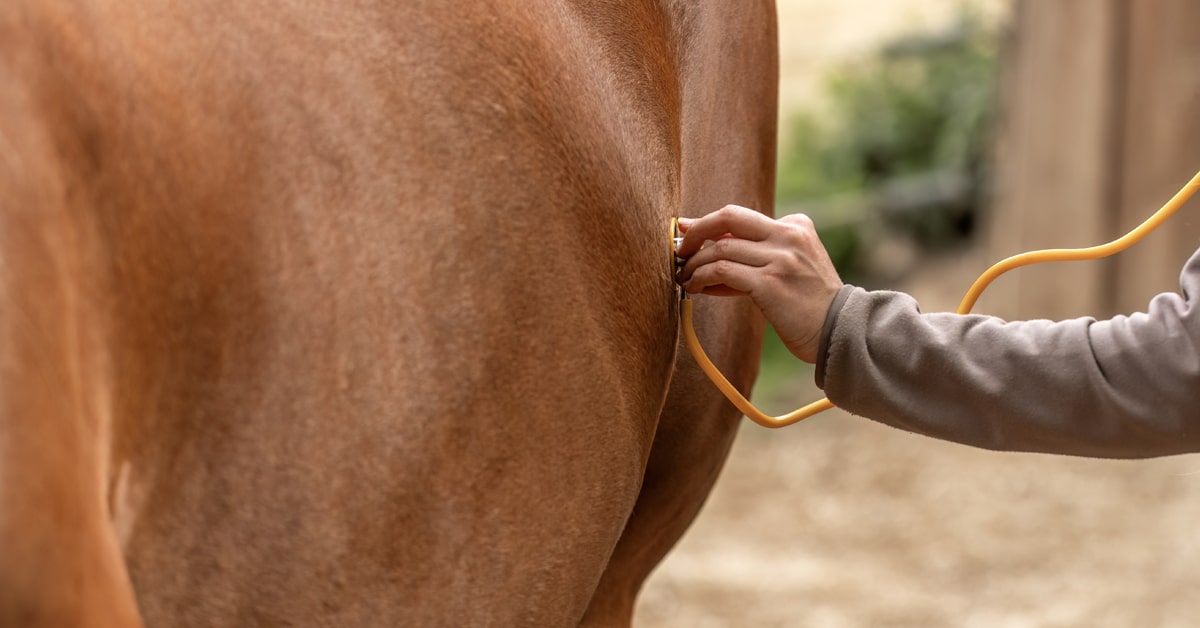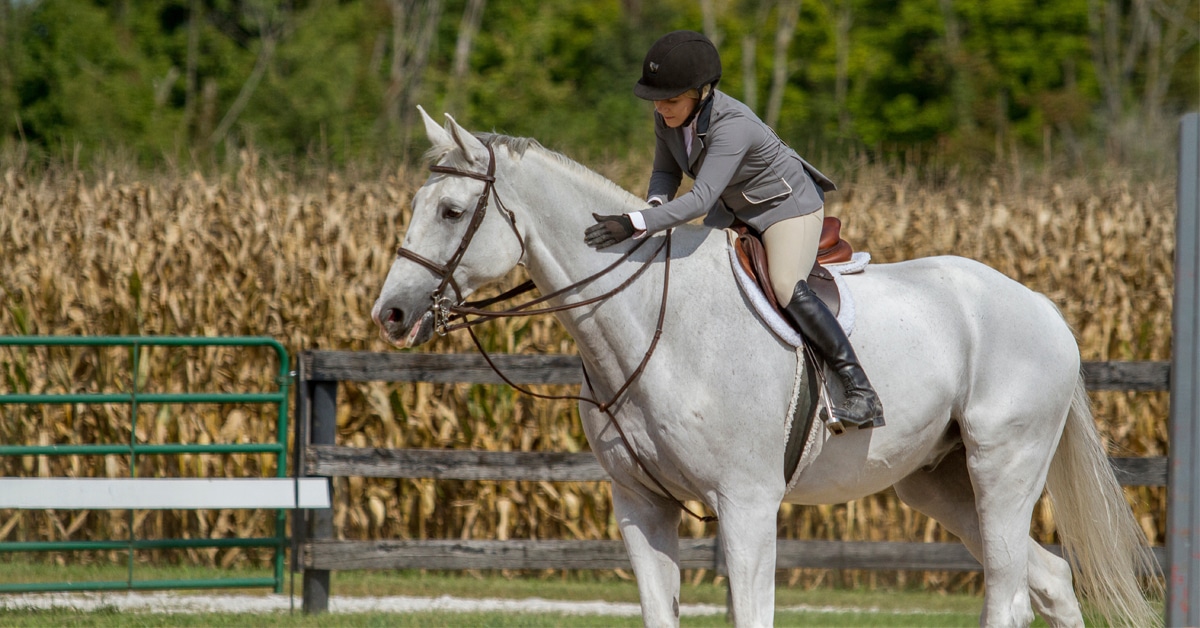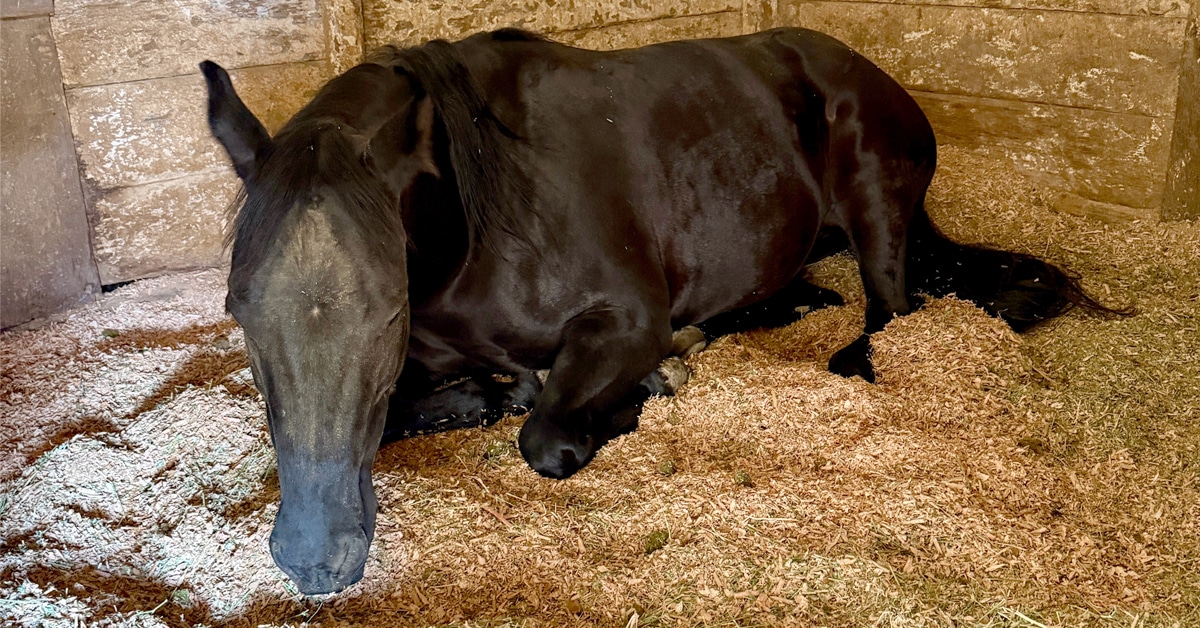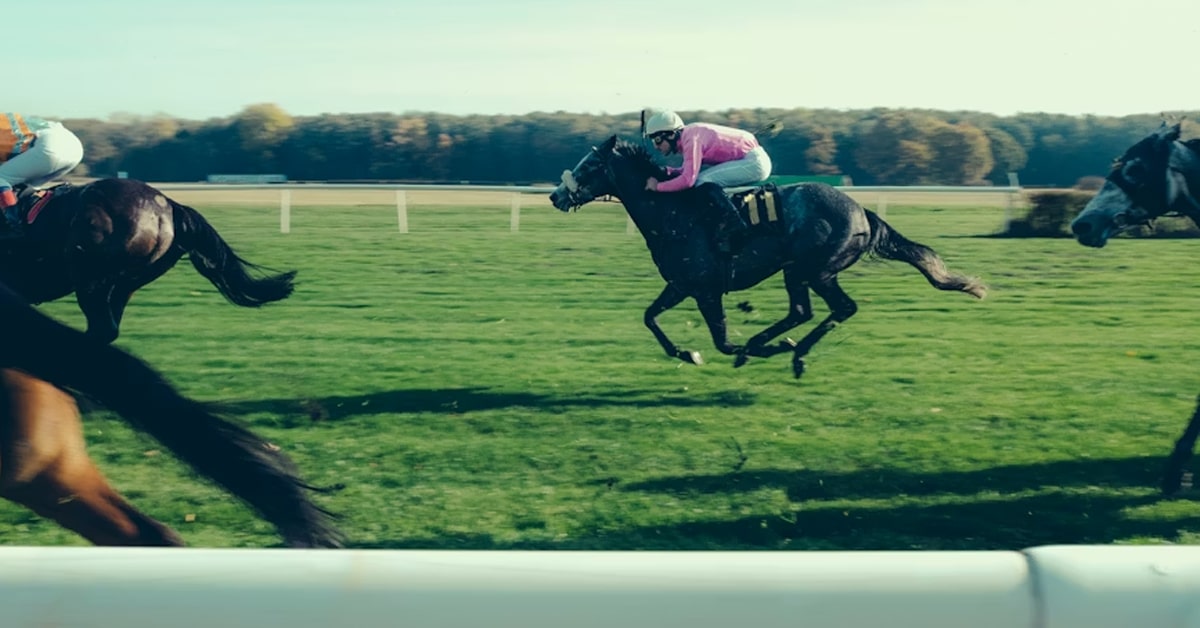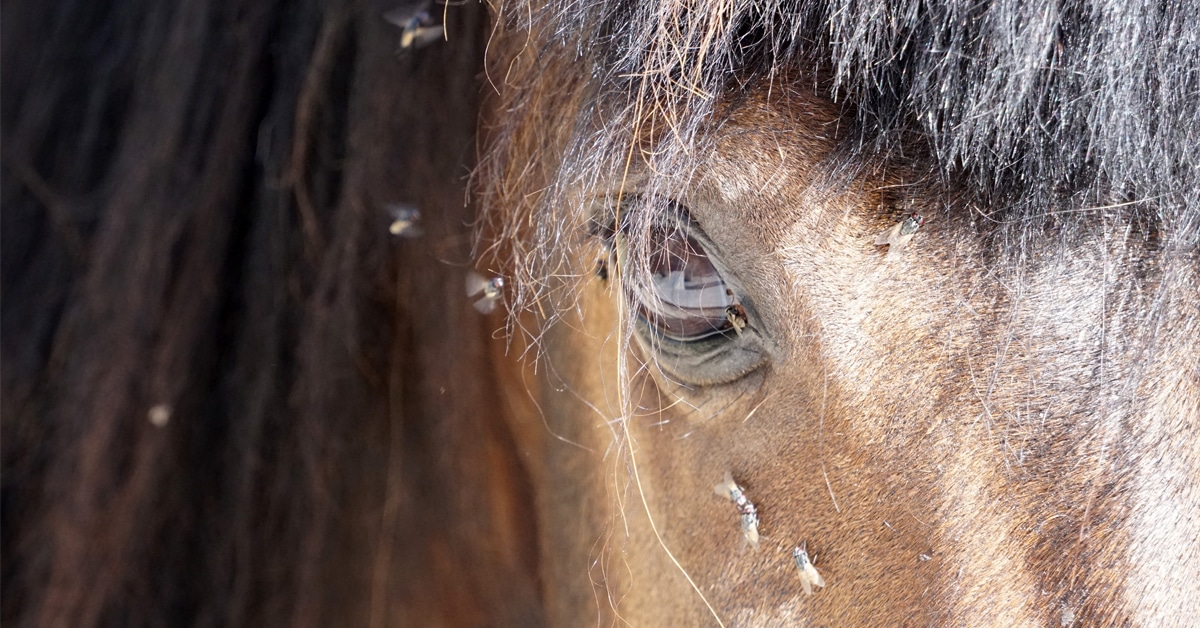Kent Philip Farrington is not particularly happy unless he’s learning, improving, or making a profit from his industry. He came incredibly close to being world number one in 2016, but achieving that designation is not his raison d’etre. He doesn’t worry about the destination as much as the judicious process of getting there. He reckons “it will happen by itself without me doing anything different to what I’m already doing.”
Kent has come some way from his days of catch-riding to winning the North American Young Rider champs as a teen. A year ago this December, just before his 35th birthday, he became the first American in the 14 years of the Rolex International Jumping Riders Club Top Ten Final in Geneva to win it. Recently, the native Chicagoan was best of the US silver medal-winning team in Rio, narrowly missing out on an individual medal in his Olympic debut.
How did Kent Philip Farrington get started with horses?
When I was eight, I started riding lessons in downtown Chicago. The horses we rode doubled as the carriage horses which take tourists around the city. I progressed to training with Nancy Whitehead. There was no professional rider at her stable, so I got to do a lot of training and showing at a young age. She gave me the opportunities and I got a lot of mileage in the two years I was with her.
Can you identify a turning point in your career?
I was 24 and it was my first time riding for the US in a Nations Cup. At the time it was the only Nations Cup and the only 5* in the country. We were second, and I felt I could’ve ridden better to help us win. So I was really determined for the grand prix; to then win the grand prix with Madison proved to me that I was good enough to really do it.
Were there were sacrifices made along the way?
Totally, but those “sacrifices” are the choices you make if you are really serious about making a success of yourself and your business. What some people might see as a sacrifice, I see as a choice. I am happy to be not balanced in the way people may consider as ‘normal.’ I dedicate a lot of time and I’m very driven to succeed, which sometimes means you can’t be totally normal. I am cool with that. If I don’t succeed, it will be my own fault, but it won’t be because I didn’t try one hundred per cent. I’ve never been good at doing anything halfway; I’m either all in, or I’m not that interested.
Can you give us a snapshot of what your life is like?
I have fifty to sixty horses altogether; everything from students’ horses to four- and five-year-olds to grand prix horses like Uceko, now 15, and my Olympic horse, Voyeur, who is 14. I ride no more than five or six horses a day. I don’t rush. I focus on what I’m trying to do with each horse, not hop on and off them like changing trains. The worst thing you can do is look at your watch constantly and think you have something else to do or somewhere else to go while trying to train horses. Having said that, I do travel a lot. I’m constantly competing, so I don’t spend all that much time at home (Wellington, FL). When I’m not competing I’m on the road looking at horses, plus I spend about six months of the year in Belgium sourcing horses and competing in Europe. I have four students who also keep me busy.
Horsepower aside, is there another ingredient that gives you an edge?
Having great people around me and the ability to recognize talent in horses and in people. In order to do a job well you need a lot of good people around you – from the guys in the stable to the owners. The type of organization I want to run takes great people.
How would you describe your character?
I would like to be described as hard-working and loyal. I am driven and I’m a realist. I wish I could be more of an optimist, so I surround myself with people who are optimists to keep me more positive!
If life hadn’t taken you where it has, would you have had another profession?
I always liked all kinds of sports and competing, but realistically I think I would be too small (5’7”) to make it professionally in most sports – although I did think about being a jockey at one time. I probably would have gone into the financial world. My dad thought I was going to run a hedge fund one day.
Where is your favourite place in the world?
I really like my home in Wellington. I built it from scratch. I bought the land from the sale of a horse and I managed the project from start to finish. It reminds me of very good times when I used to talk to my dad on the phone a lot.
You’ve called your father the most influential person in your career – why is that?
He was tough. He didn’t want me to ride. He thought it akin to running off and joining the circus. He thought it wasn’t a serious business and that I wouldn’t make any money. He thought I was wasting my mind and I was throwing a lot of my educational opportunity in the garbage. He wanted me to be sure I used my brain and he made sure I understood that there were far more important things beyond my performance in the arena that would make me successful. Managing staff, managing horses, raising money to buy new horses – there are many moving parts and extra complications to creating a business in our world and to maintaining staying power. Look at Ludger Beerbaum and his longevity. He created a real machine beyond his riding which enabled him to be consistent and sustain a position at the top of the sport for over two decades. He had the bigger vision.
Ludger was also world number one multiple times; is that something to which you aspire?
It’s not something that I think too much about. I concentrate on bringing my horses out at their best and on winning the classes. The rankings reflect my consistency in doing that.
Where would you most like to go that you haven’t been?
Japan. Not because the next Olympics will be held there; that’s an added bonus. I did a lot of martial arts as a kid and I admire the Japanese culture – very organized, very disciplined. I’d like to experience it with my own eyes.
Do you have a fitness regimen?
Four or five days a week I’ll do a mix of jump rope cardio, weights, and balance exercises. Some of my training is based on some features, and a good understanding of, martial arts.
What’s your guilty pleasure?
Watching movies on the couch. Why? That doesn’t make me any smarter, or fitter, or make me any money!
If you had a life lesson to share, what would it be?
The lessons taught to me in my life, especially by my dad: learn from everyone, don’t be a carbon copy of anyone, and always be the best version of yourself.
If you were given three wishes, what would you wish for?
An end to terrorism everywhere; an end to poverty around the world, and since you didn’t make any rules, the third wish is easy: I’d have an infinite number of wishes. Then I could do a lot of good and have a lot of fun with some crazy wishes. The sky is the limit!
If you were having a dinner party and could choose 4 guests, living or dead, who would you invite?
That’s easy. My dad, Kip, my mom, Linda, my sister, Kim, and my girlfriend, Tiffany. If I had the power to bring dad back, I would like to share that with them.
Money or medals, which is more important to Kent Philip Farrington?
Both. Why do I have to choose?
Can you describe your Olympic experience in one word?
Bittersweet. I am very proud of my planning and setting up the horse to peak at the right time. I feel we were unlucky not to win team gold and I was unlucky not to win the individual gold. I believe for my first time out I delivered, but I am disappointed I didn’t get it all done.
You are young, you have time – just look at Nick Skelton.
Yeah, but it would have been one hell of a start!
The Latest
